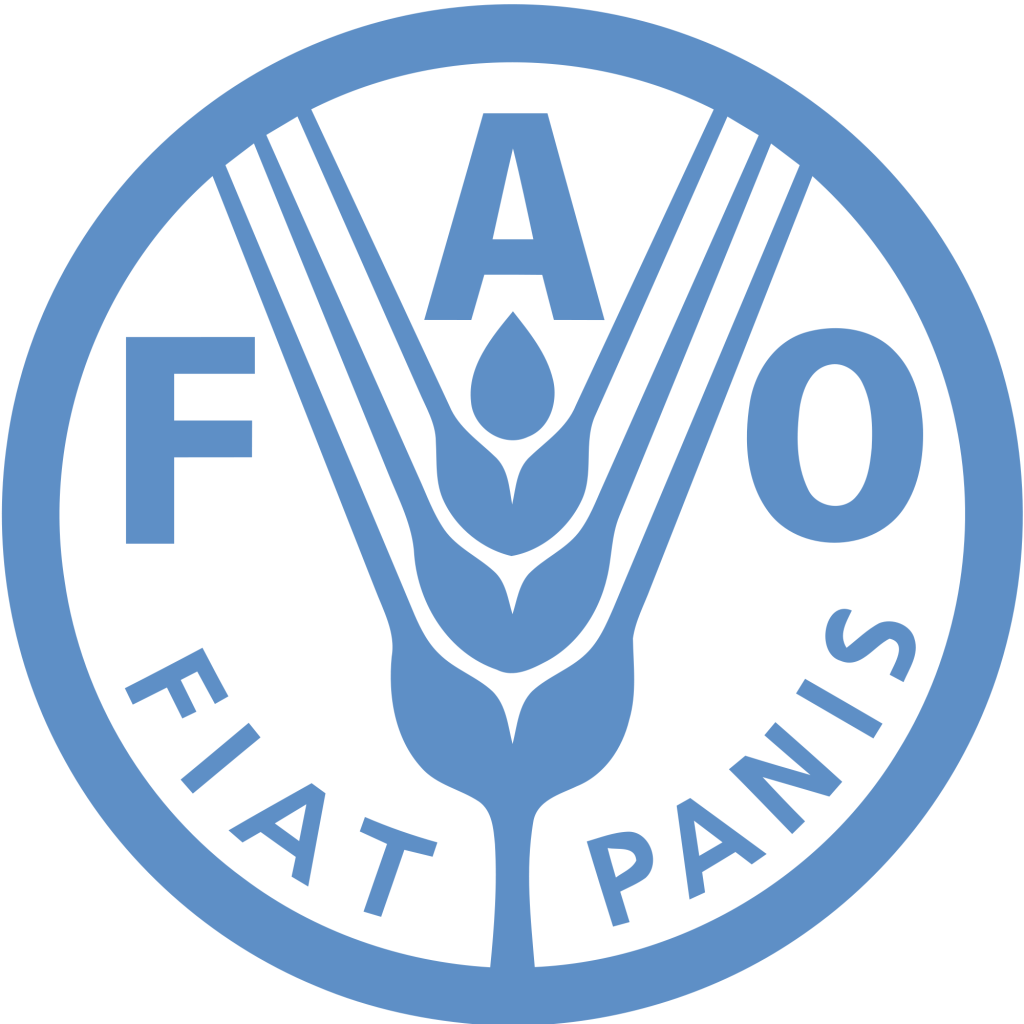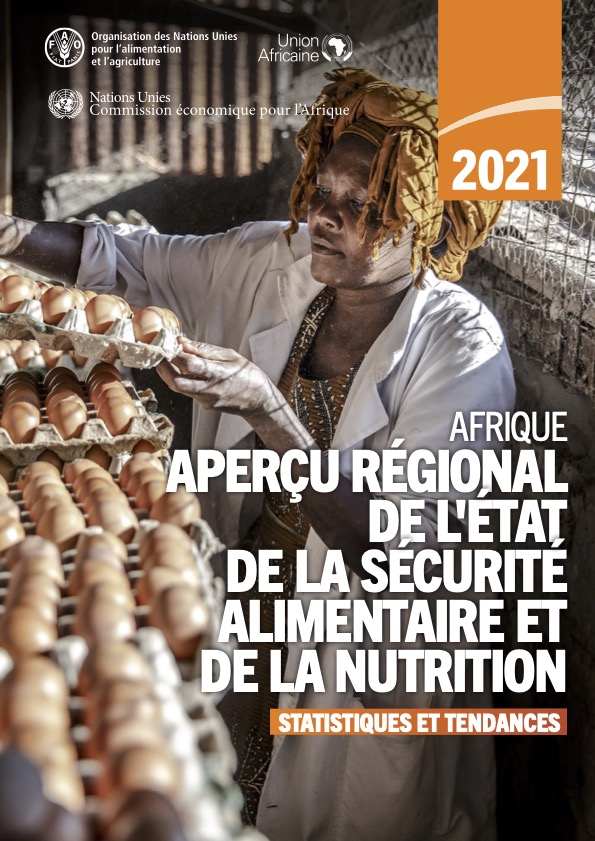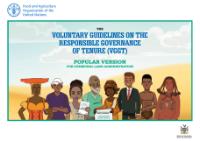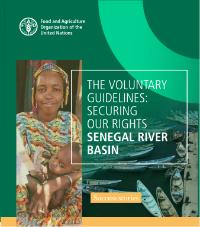Location
The Regional Office for Africa advocates for strong regional partnerships and timely Country Office support.
The substantive technical work of the Regional Office focuses on co-ordinating normative work and its policy dimensions and leadership of the regional dimension of the Organization’s technical networks.
Three main areas characterize the African regional dimension: priority setting and strategic planning, partnership development, and resource mobilization.
The major actions of the Office in Africa put a particular emphasis on:
- Country Offices are the key to FAO's success
- Stronger, more demand-driven multi-disciplinary technical teams
- Intensified regional administrative and operational support and Country Office oversight
- Full capitalization of the potential for extra-budgetary funding
- Focused policy dialogue
- Strengthened support to Pan-African institutions
The Office works at greater focus on high level dialogue and policy formulation in partnership with regional organizations, as well as greater support to the other decentralized offices through closer oversight and support. With its skill-mix technical teams, it makes a point in focusing on country level activities by the multi-disciplinary teams as well as stronger, specific partnerships with the Regional Economic Communities.
Members:
Resources
Displaying 26 - 30 of 106Meilleures pratiques, difficultés rencontrées et questions émergentes concernant l'amélioration de la gouvernance foncière responsable
Ce rapport porte sur les leçons apprises, les meilleures pratiques, les difficultés rencontrées et les questions émergentes concernant l'amélioration de la gouvernance foncière responsable en utilisant les Directives volontaires sur la gouvernance responsable des régimes fonciers des terres, des pêches et des forêts dans le contexte de la sécurité alimentaire nationale et le cadre de l'Union africaine et les Lignes directrices sur la politique foncière en Afrique (F&G), mises en relation avec le programme de gouvernance foncière de l'Union européenne.
Afrique – Aperçu régional de l'état de la sécurité alimentaire et de la nutrition 2021
L'Afrique n'est pas sur la bonne voie pour atteindre les cibles de l'objectif de développement durable (ODD) 2 visant à éliminer la faim et à assurer l'accès de tous à une alimentation saine, nutritive et suffisante tout au long de l'année, et à mettre fin à toutes les formes de malnutrition. Les estimations les plus récentes montrent que 281,6 millions de personnes sur le continent, soit plus d'un cinquième de la population, ont été confrontées à la faim en 2020, soit 46,3 millions de plus qu'en 2019.
The Voluntary Guidelines on the Responsible Governance of Tenure (VGGT) - Popular version for communal land administration
The VGGT Popular Version for Communal Land Administration was developed to support the Parliament of Namibia in delivering training to traditional authorities and regional institutions to enhance their capacity to administer communal land within their jurisdictions. This was carried out in line with the Communal Land Reform Act, Act 5 of 2002 and the resolutions of the 2nd National Land Conference. The Popular Version outlines 14 pertinent land governance issues in Namibia’s communal areas.
Improving Governance of Tenure in Policy and Practice: A Conceptual Basis to Analyze Multi-Stakeholder Partnerships for Multi-Stakeholder Transformative Governance Illustrated with an Example from South Africa
Tenure governance is a complex and multi-dimensional issue that requires cross-sectoral and holistic approaches, gathering the resources, information and expert skills of a variety of actors while exploring innovative, polycentric multi-stakeholder governance arrangements to address collective action challenges. To do this, multi-stakeholder partnerships are formed where public and private partners pool their resources and competencies to address mutual goals more effectively.
The Voluntary Guidelines: Securing our rights - Senegal River Basin
This publication will demonstrate how the project was a catalyst leading to improvements in conditions in the Senegal River Basin, under which land is held or occupied in agriculture sectors. The VGGT addresses problems of weak governance of tenure and the growing pressure on natural resources, assisting countries to achieve food security for all. The project focused on four separate Multi-Stakeholder Platforms (MSPs) located in Guinea, Mali, Mauritania and Senegal.






